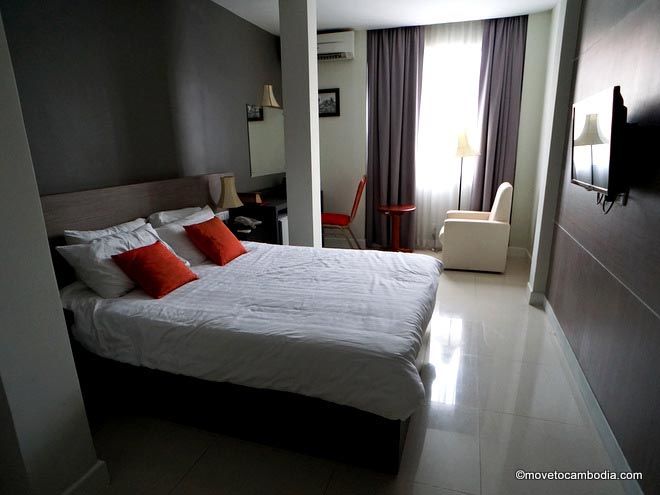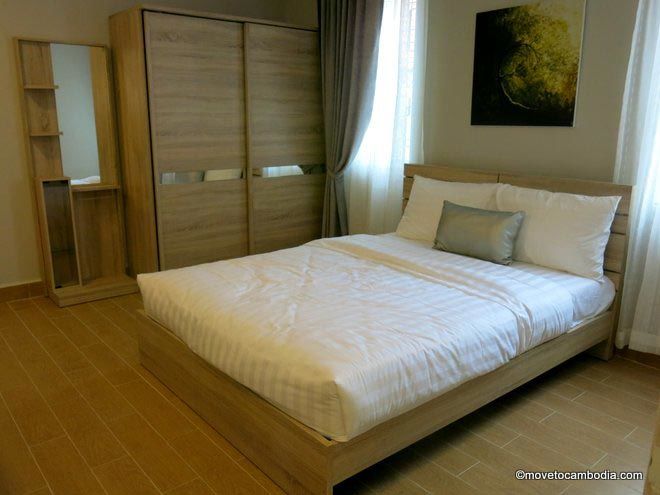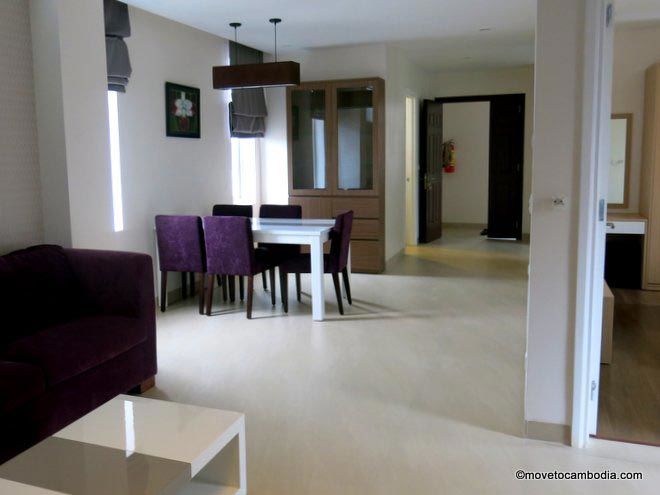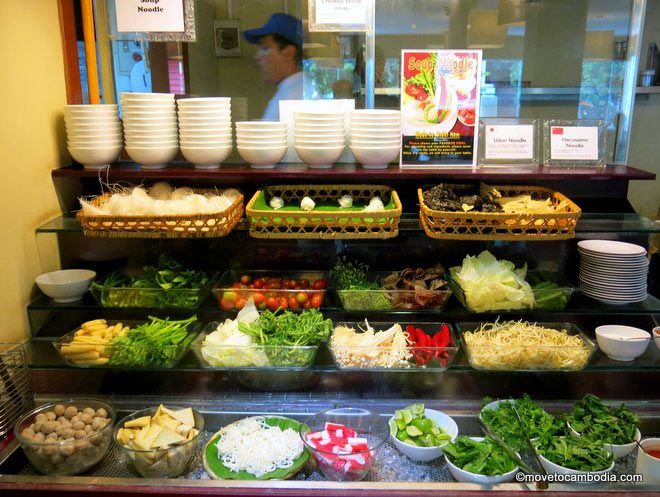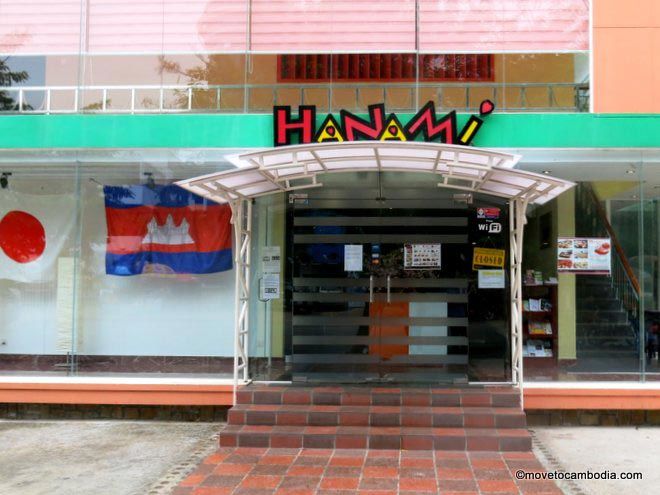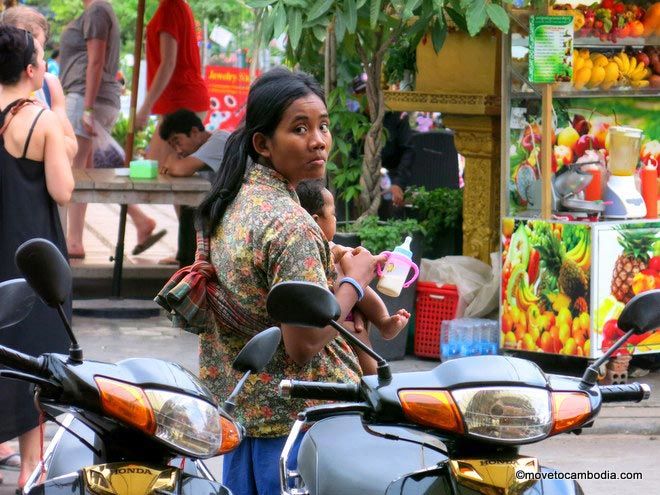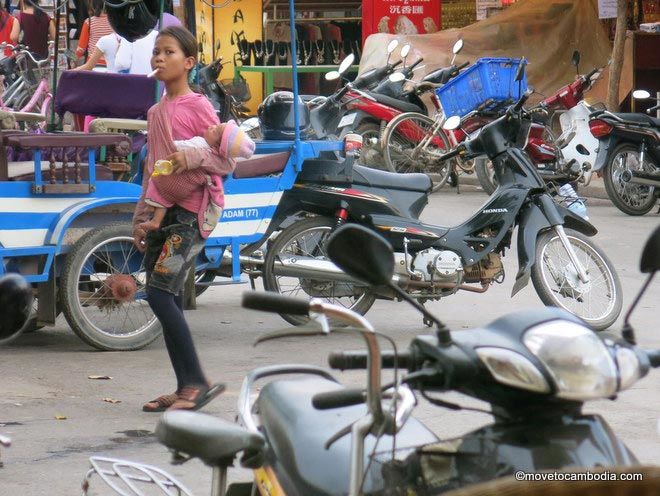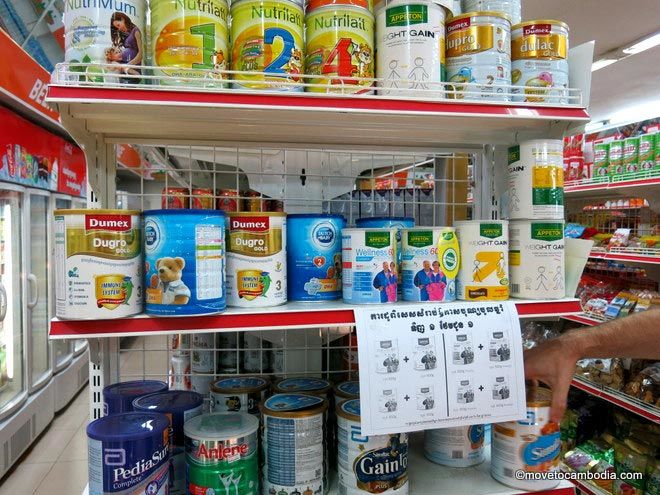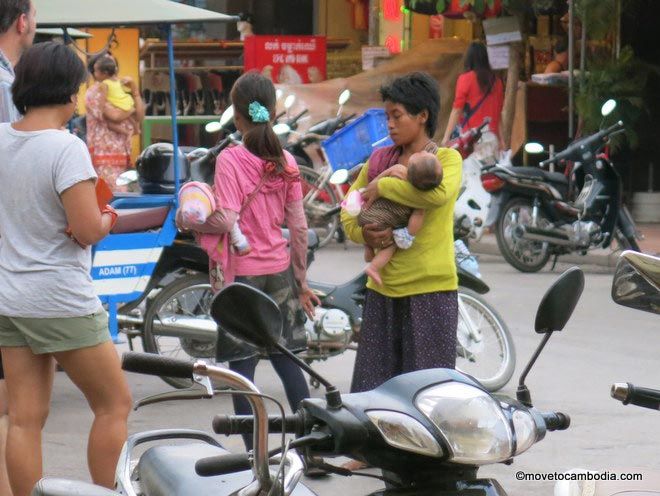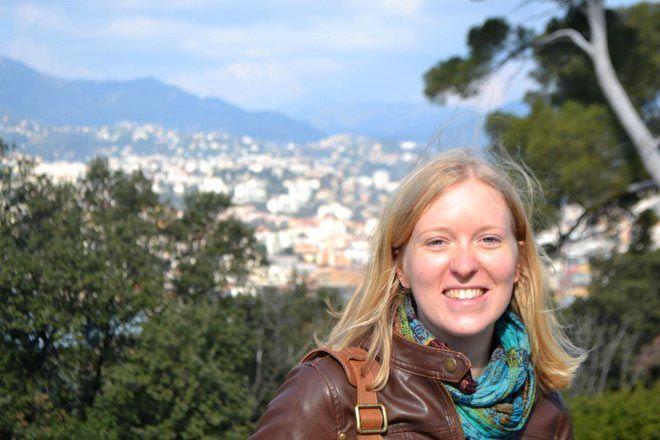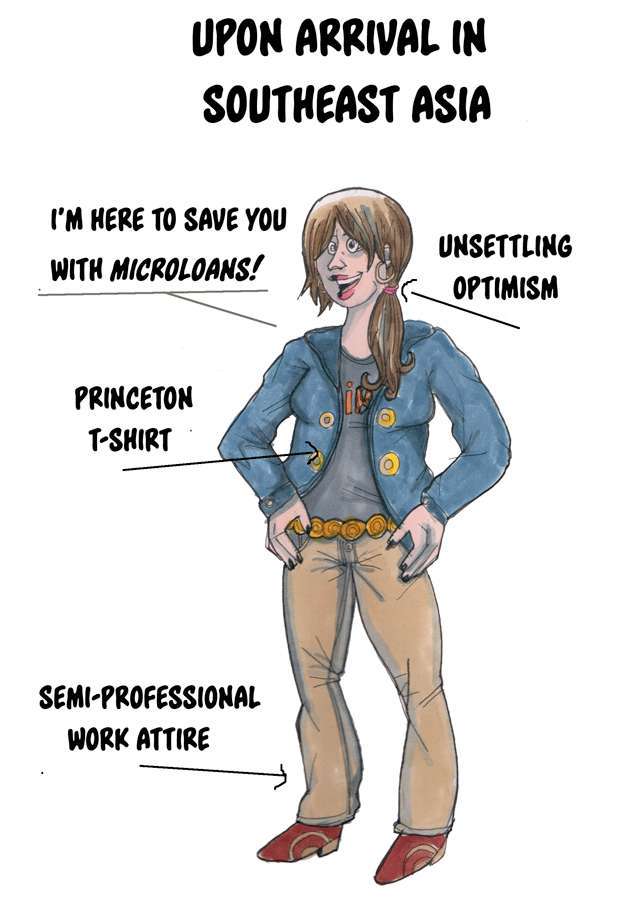This week we talk to Anna Mischke about insurance issues that affect Cambodia expats. If you’ve read the Move to Cambodia book, you’ll know that I’m a strong advocate of having good health insurance in Cambodia. Anna works for one of Cambodia’s leading insurance company and is here to answer all of your questions about travel and health insurance (and why you need it).
Why do expats in Cambodia need health insurance?
“Health insurance is important no matter where you live, not only for expats, and not only in Cambodia! Unforeseen illness and accident that can be detrimental to finances, put a patient in debt, or even lead to death because of lack of coverage are only some of the reasons health insurance is an investment that someone should consider.
In Cambodia, expats may not know the healthcare system well or where to go, or have their usual network of family and friends to rely on. On top of that, there are tropical diseases their bodies may not be used to, mysterious pains and sicknesses, and unfortunately the frequent and extreme cases of traumatic accidents. Health insurance gives peace of mind knowing that in the event of health problems, trauma, or concerns they have the resources to cover them financially, physically, and in many cases emotionally.”
What’s the difference between health insurance and travel insurance?
“There are some similarities between health insurance and travel insurance but the main difference between the two is that health insurance is generally a policy that gives medical coverage to an individual throughout the period of an entire year and covers only accident and illness, not things like luggage or personal liability.
Travel insurance provides medical coverage to an individual for a specified period of time in a particular area or region. Depending on the coverage level of travel insurance, it can include coverage on things like loss deposits and cancellation charges, hijacking, personal liability, loss of personal money, and overseas medical expenses and additional expenses. Travel insurance in many cases is bought in addition to annual health insurance for additional protection during travel for goods and extra precautions.”
Why should an expat choose health insurance over travel insurance?
“It is not necessarily a choice of one or the other when it comes to health insurance and travel insurance. Health insurance is extremely important for coverage throughout the year; you never know when you may get stung by a mosquito and come down with dengue fever for a week or when a car may come careening into you as you drive. With health insurance, treatment both locally and abroad can be taken care of by the insurance company as long as it falls within the inclusions (please read policy wording documents provided by your insurer!).
Travel insurance, as mentioned, is many times bought alongside an annual health insurance policy. In many cases, a traveler will want an extra level of protection not only for their health but also for their belongings as they travel, both near and far. The additional coverage amount for their health is also a safety net if their annual health insurance limit (the amount they have per year to spend on medical treatment through the insurance company) is depleting or on the lower end.
If you are coming to Cambodia for more than a year and you know you’ll be living here locally, it makes most sense to get a local plan. Claims procedures are generally much quicker this way and the company is usually more knowledgeable about the services and availability of treatment in the area. If you are visiting for less than a year (policies are generally 12 months) then it’s most likely you have a policy “back home” which will cover you. You can always purchase travel insurance from your home country but as an expat in Cambodia, a healthcare plan is necessary for day to day (outpatient) and traumatic accident (inpatient) coverage.”
If an expat already has health insurance that covers them abroad, why would they need travel insurance?
“The added security that travel insurance offers specifically for things like luggage, money, problems with flights, and hijacking are not covered under a general health insurance policy. When traveling, it releases the traveler from wondering “what will happen if someone steals all my money?,” “I need to change my ticket, will I lose my deposit?”, or if they suddenly need their appendix removed and their general health insurance limit will not cover those costs at an expensive hospital abroad.”
If someone is moving to Cambodia for less than six months, is health insurance necessary?
“Usually if someone is moving to Cambodia for six months or less, they will have an existing health insurance plan from their country of origin. In this case, it would be recommended to take out travel insurance rather than a general health insurance plan. Usually health insurance policies are taken out annually and signing up for a policy for less than a year will tack on additional fees. Travel insurance, especially if purchased from the destination country, is a safe and proactive move even if the person has an existing policy.”
Read our follow-up post: Why you need travel insurance in Cambodia and what to look for
